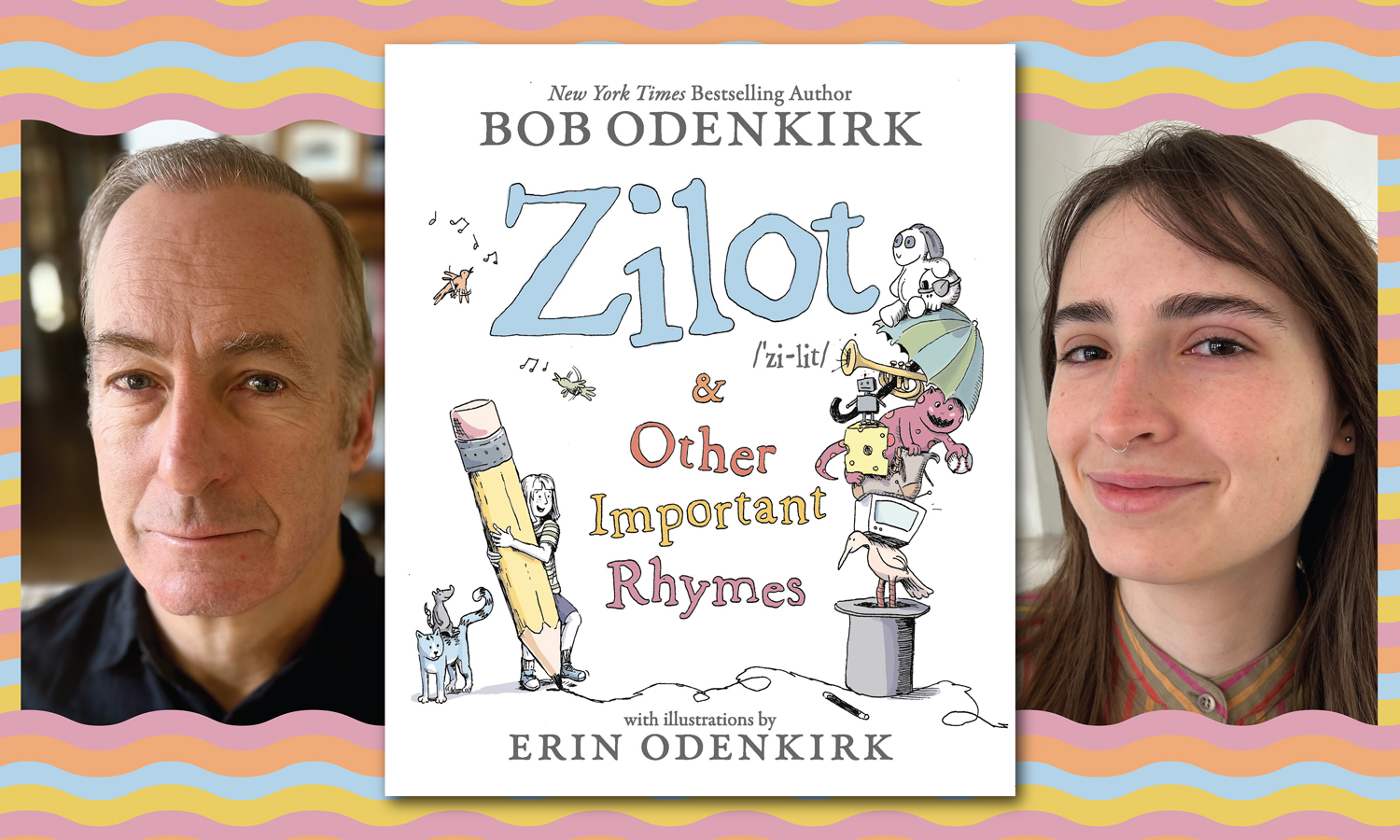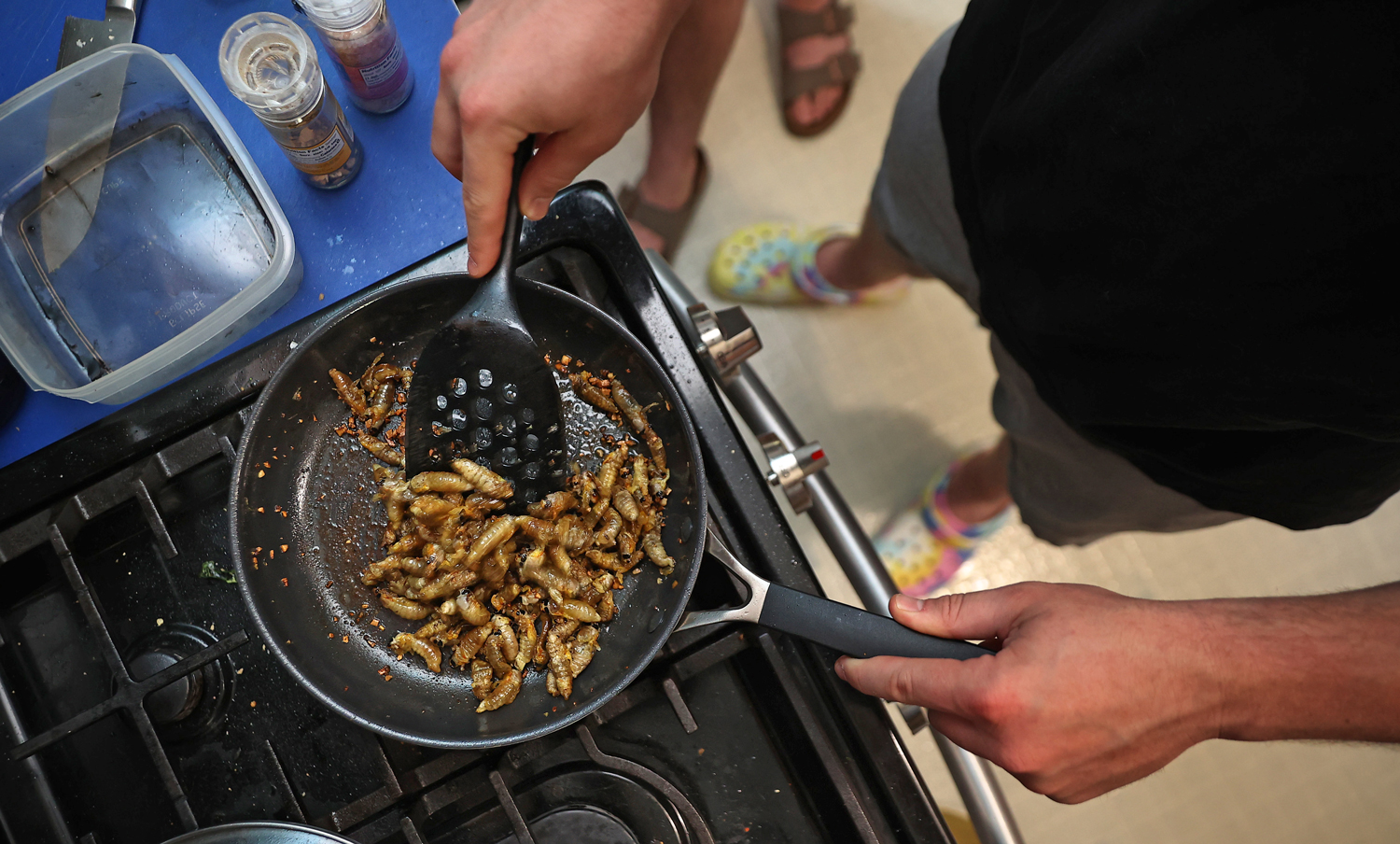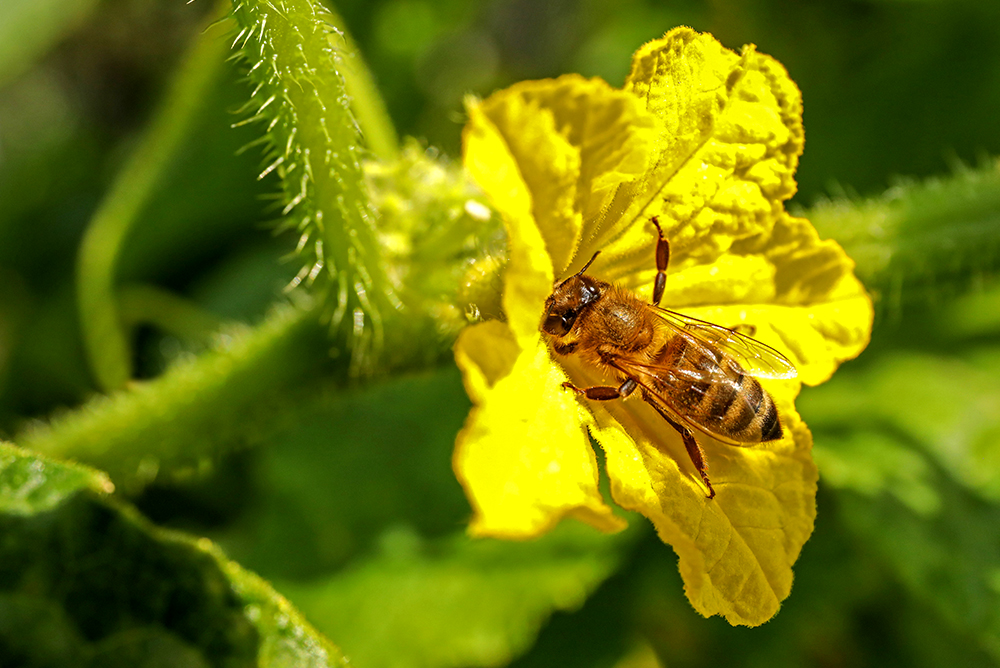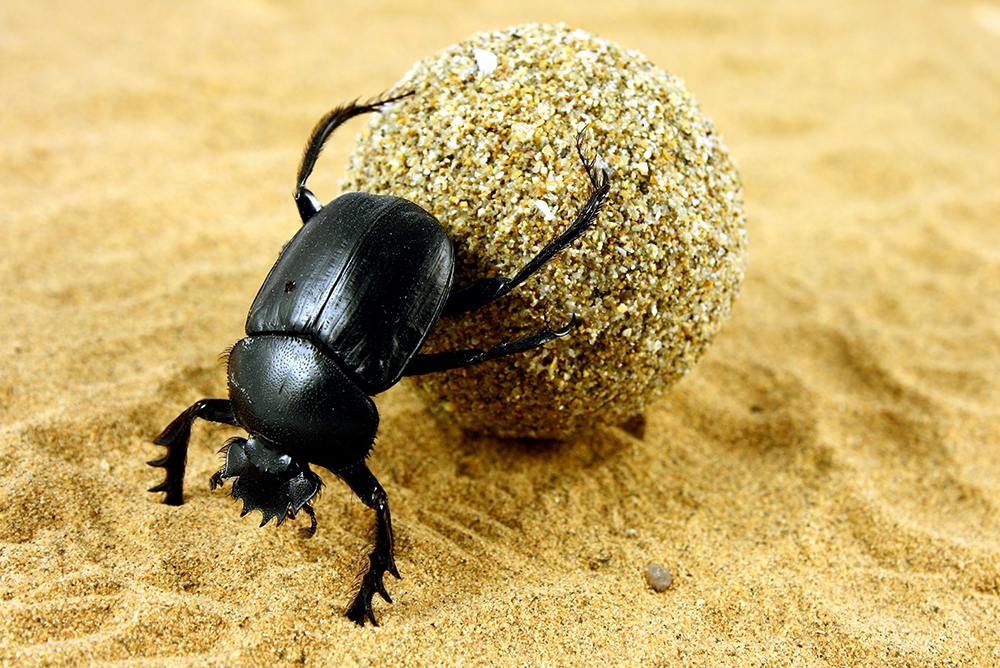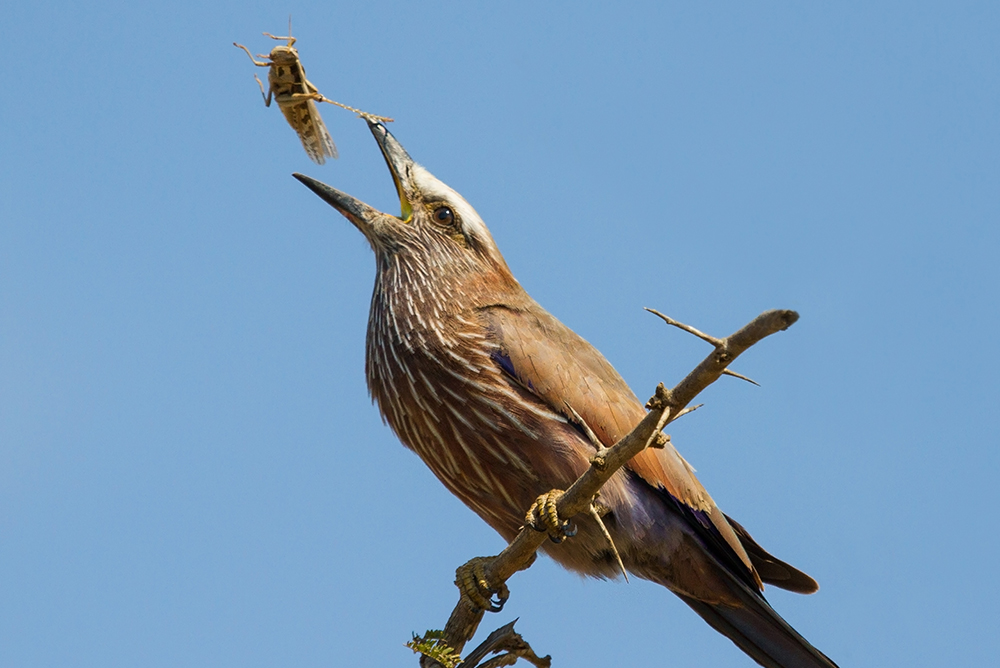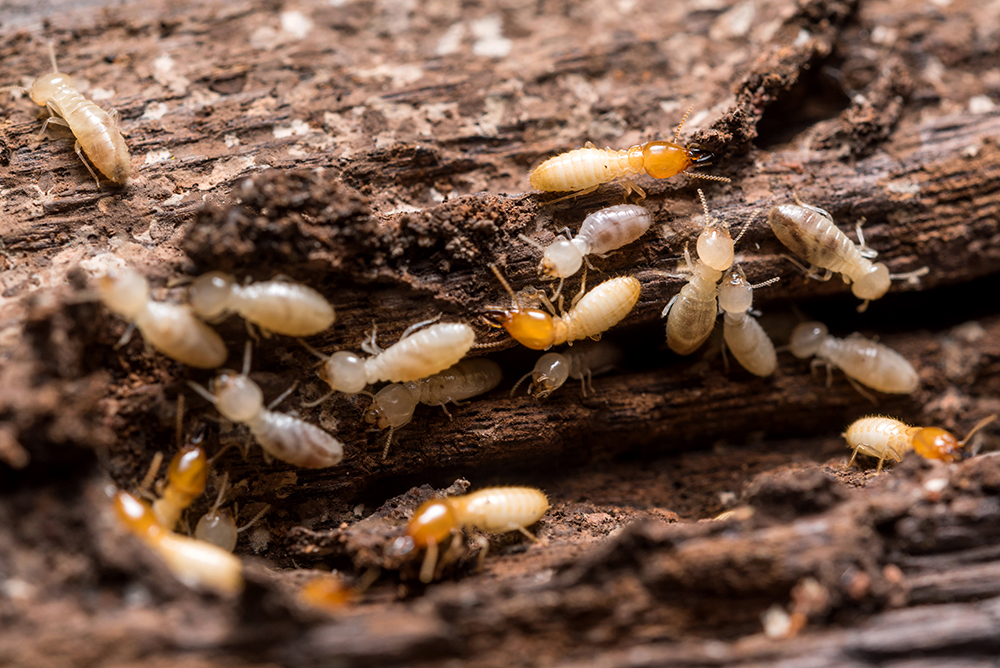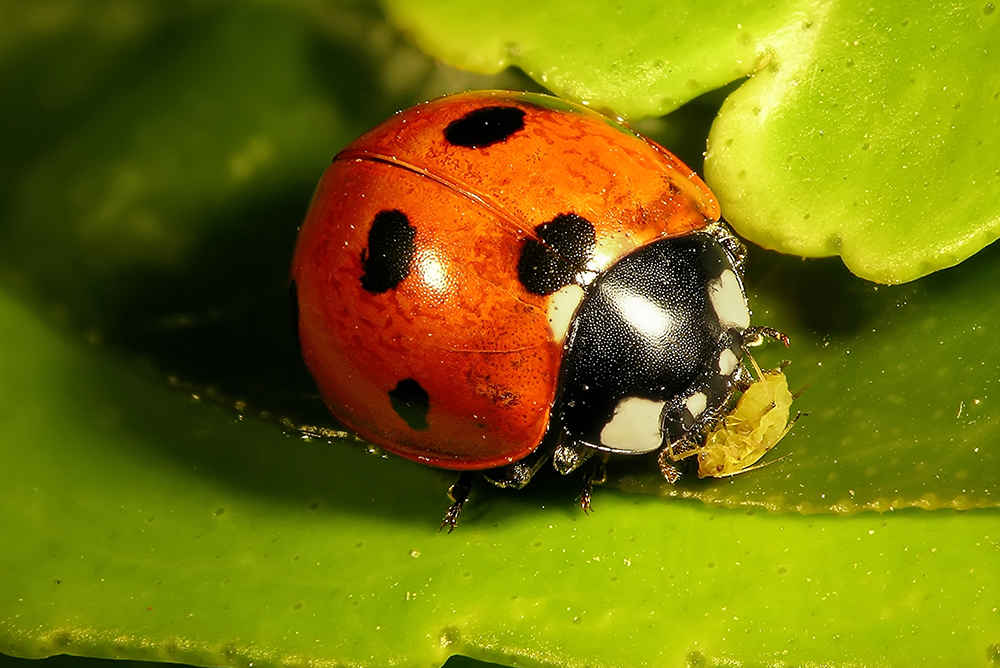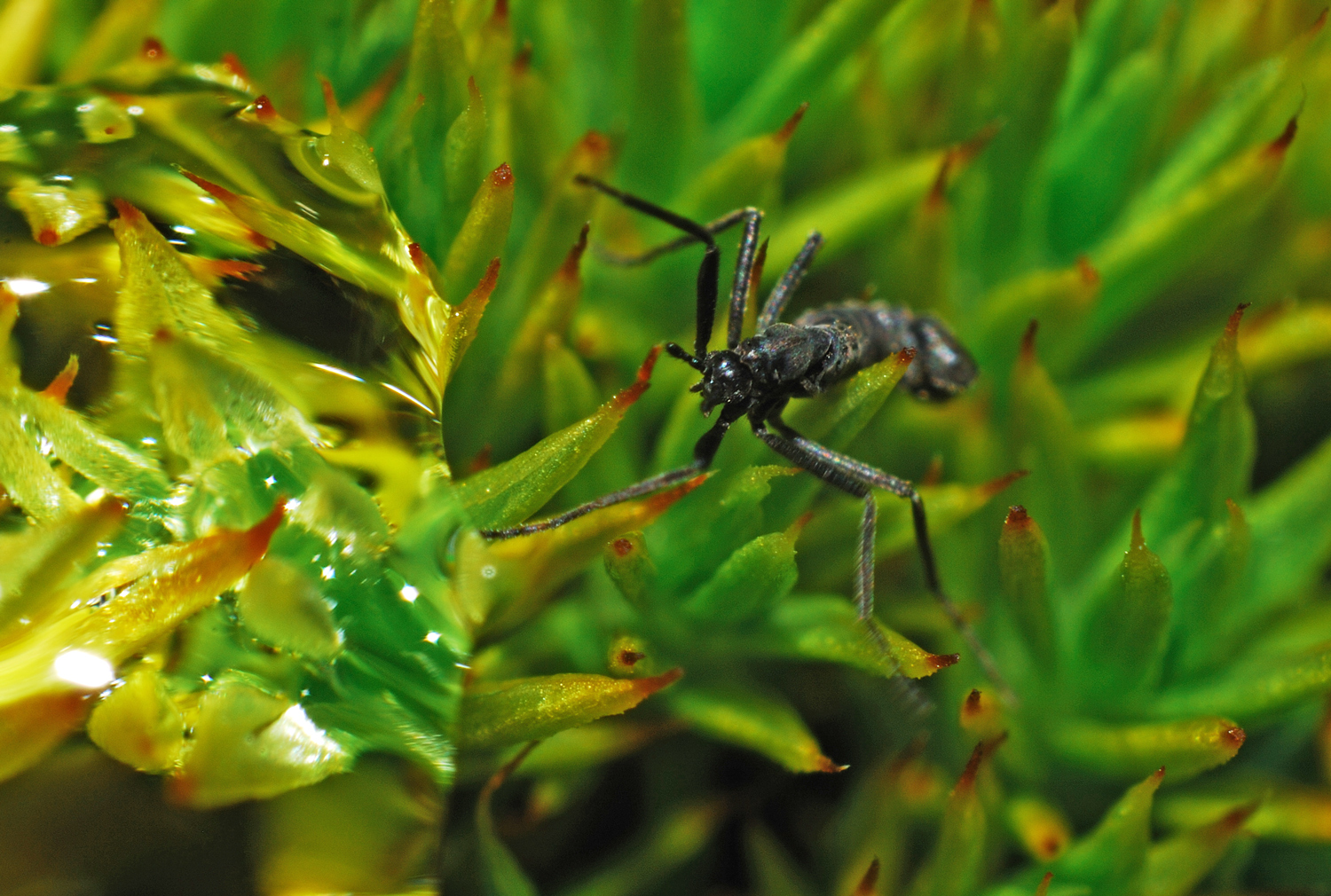Will This Idea Fly?
A company is raising flies to help feed farm animals and cut down on waste.
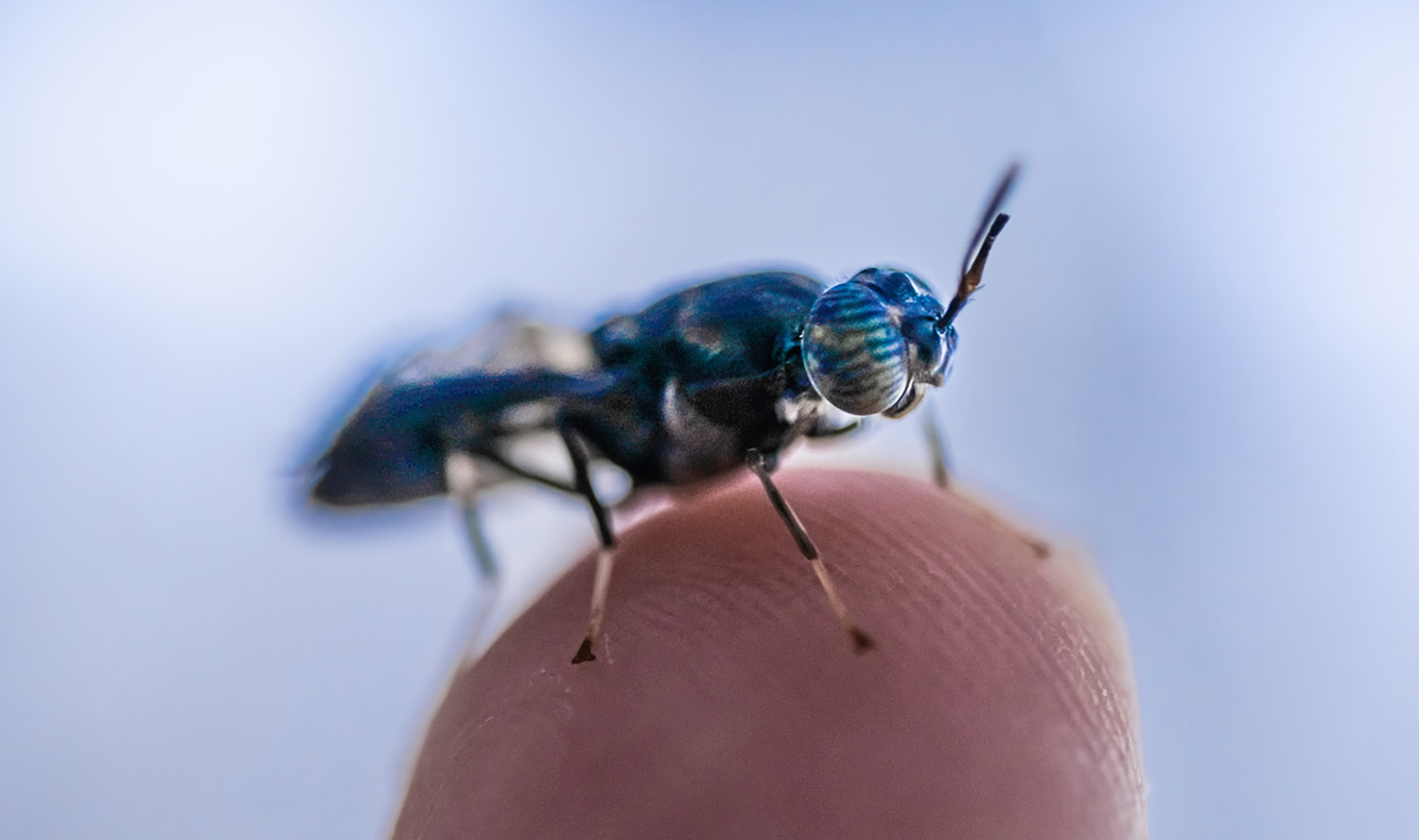
There’s an unusual farm in the middle of London, England. Unlike many other farms, this one doesn’t produce vegetables or raise cows and chickens. What it does raise is flies…tons of them.
The insect farm is operated by a company called Entocycle, and the black soldier flies are being bred as part of an effort to change the way livestock is fed. Here’s how it works: The flies lay hundreds of eggs, which hatch to become worm-like larvae (the stage of development before adulthood). The larvae can be fed to farm animals like pigs and chickens instead of the foods these farm animals currently eat, such as soy and corn. Some of the larvae are allowed to grow into adulthood. They are fed food waste as they lay eggs for the next generation of larvae.
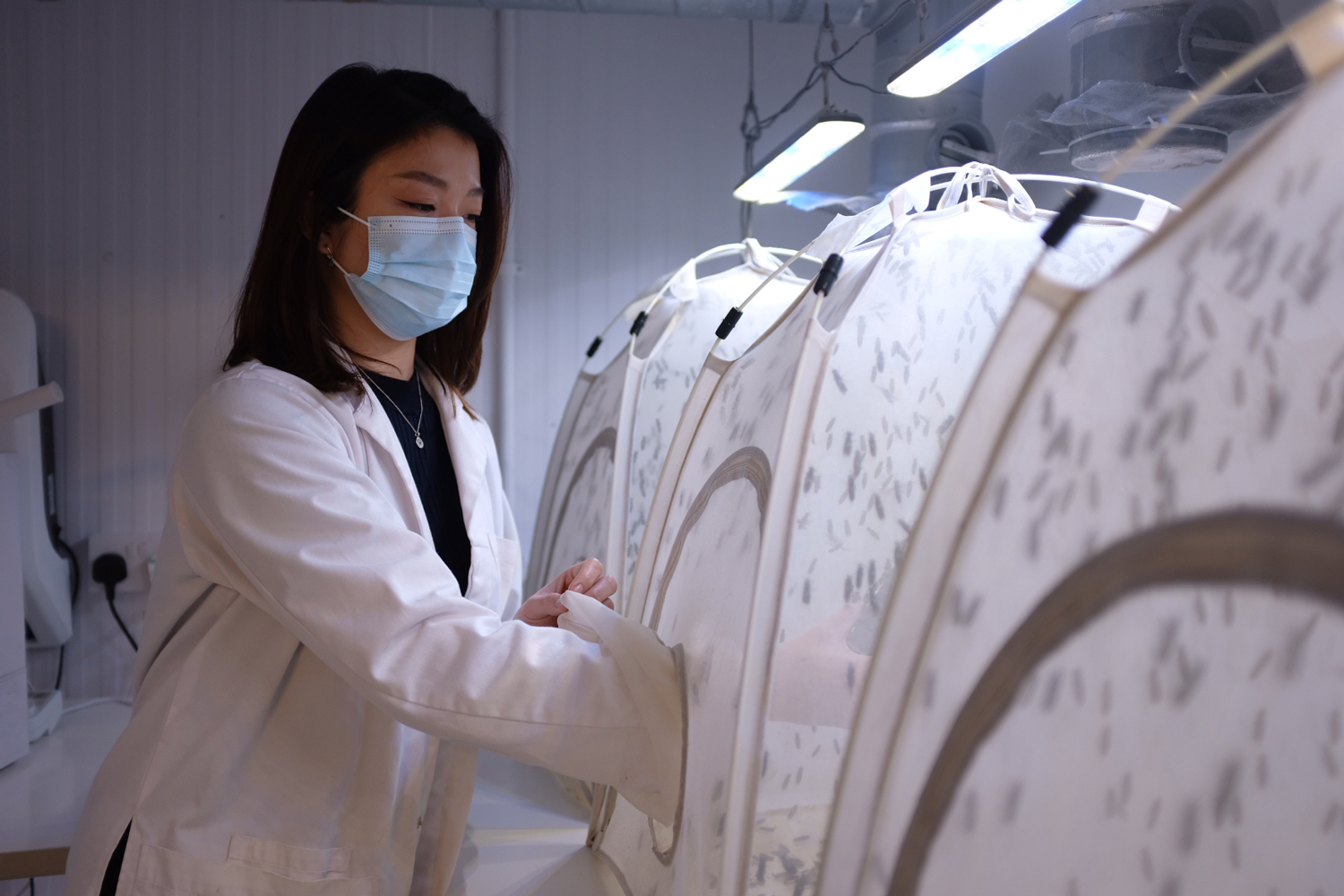
An Entocycle entomologist (scientist who studies insects) checks on a population of black soldier flies.
Entocycle says feeding insects to livestock is a planet-friendly solution. It takes a lot of water and land to grow the foods that most farm animals eat. Soy farmers, for example, are cutting down large areas of the world’s rainforests in order to grow their crops. Insects can be bred without using much land. Entocycle chose the black soldier fly because it’s an insect that breeds quickly and doesn’t carry any diseases.

Entocycle has developed this technology to count the population of flies that it is breeding.
Entocycle is developing new technology to make insect breeding easier. The company hopes that insect breeding programs will become more common. And, since some insects can carry diseases, Entocycle is working to make sure insects are bred responsibly. That way, no diseases or other safety issues will be introduced into the food supply.
The future of our food may depend on little black flies.
